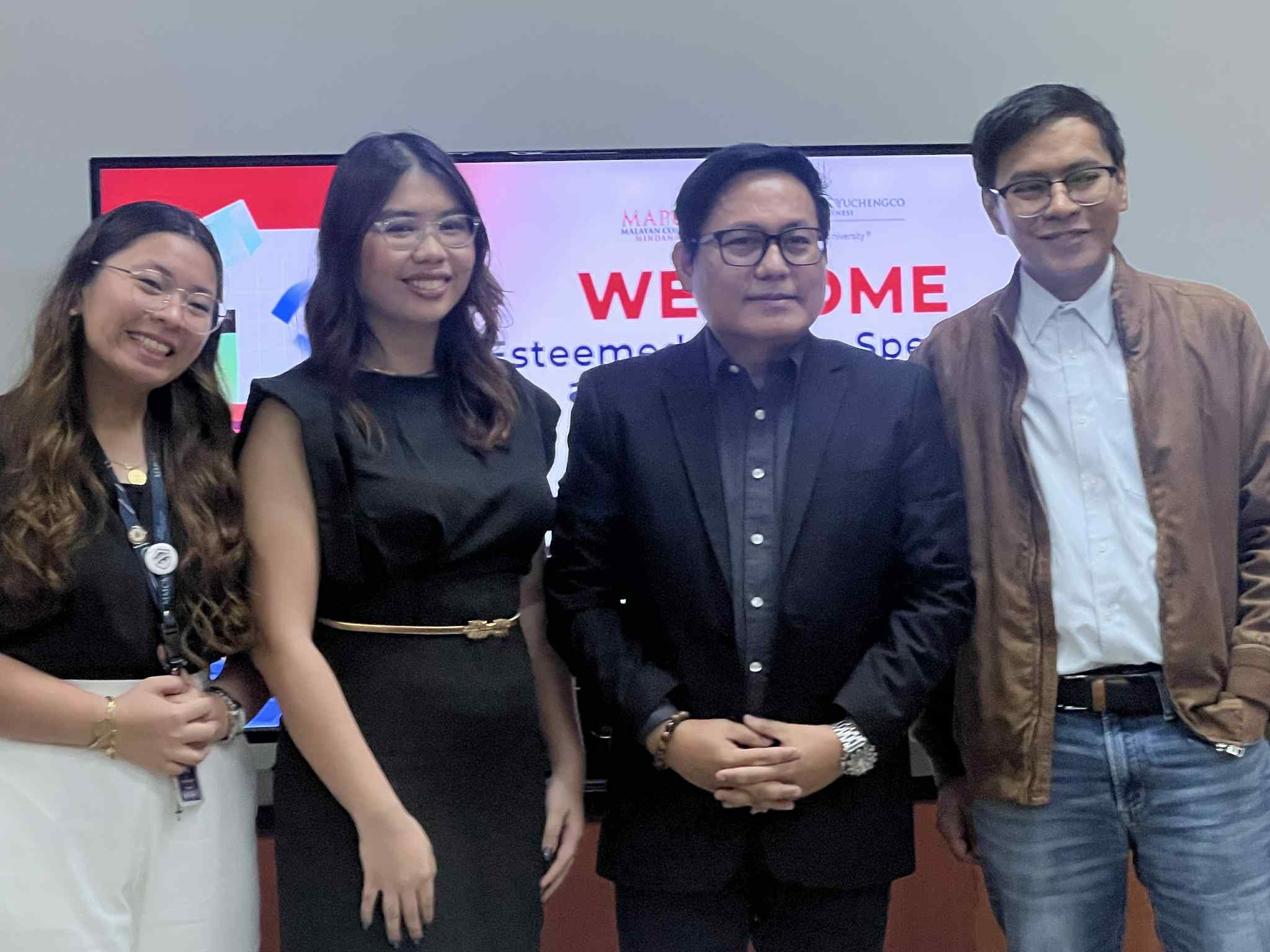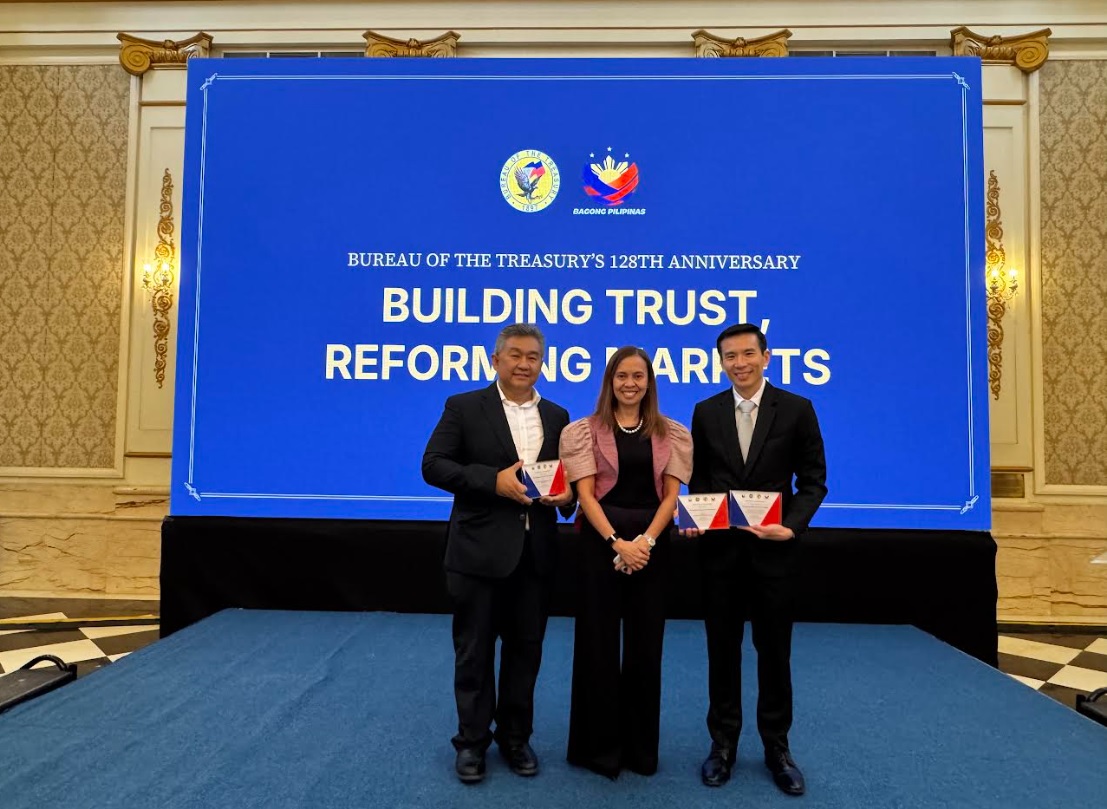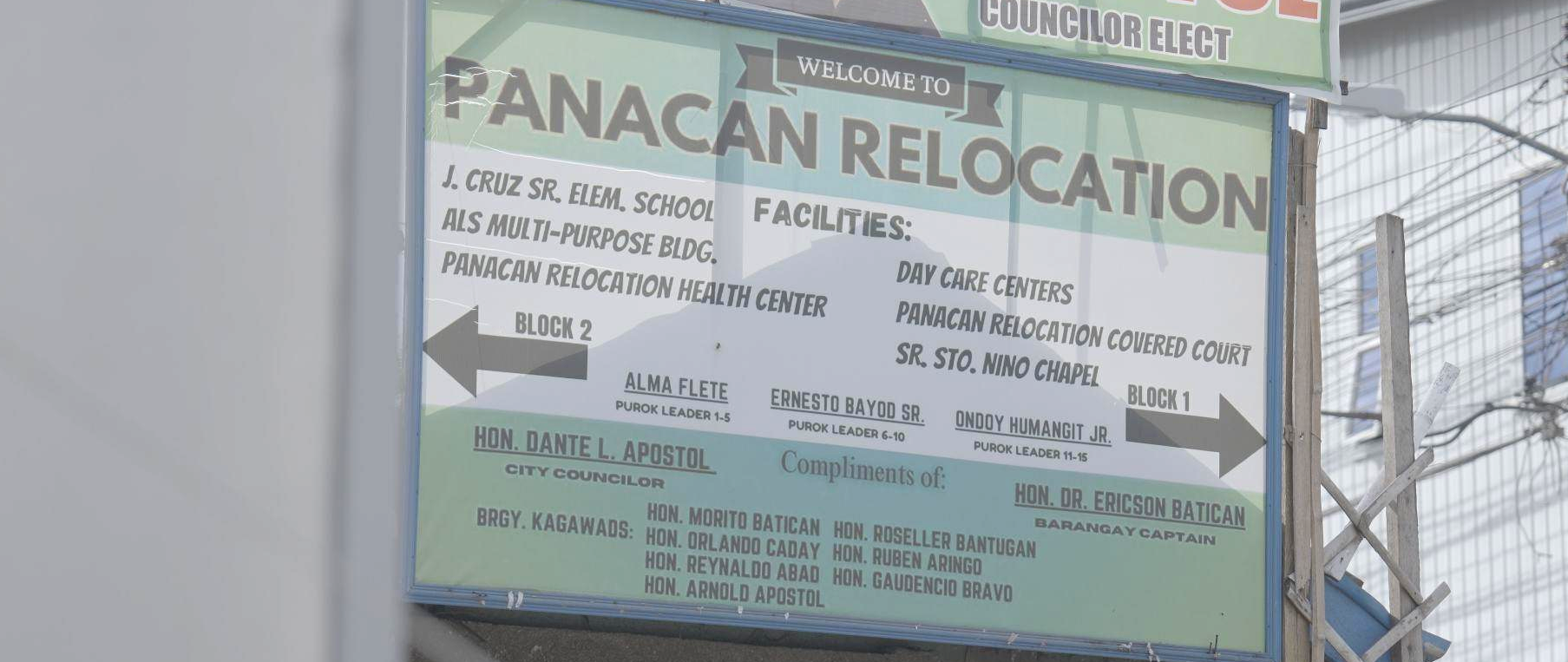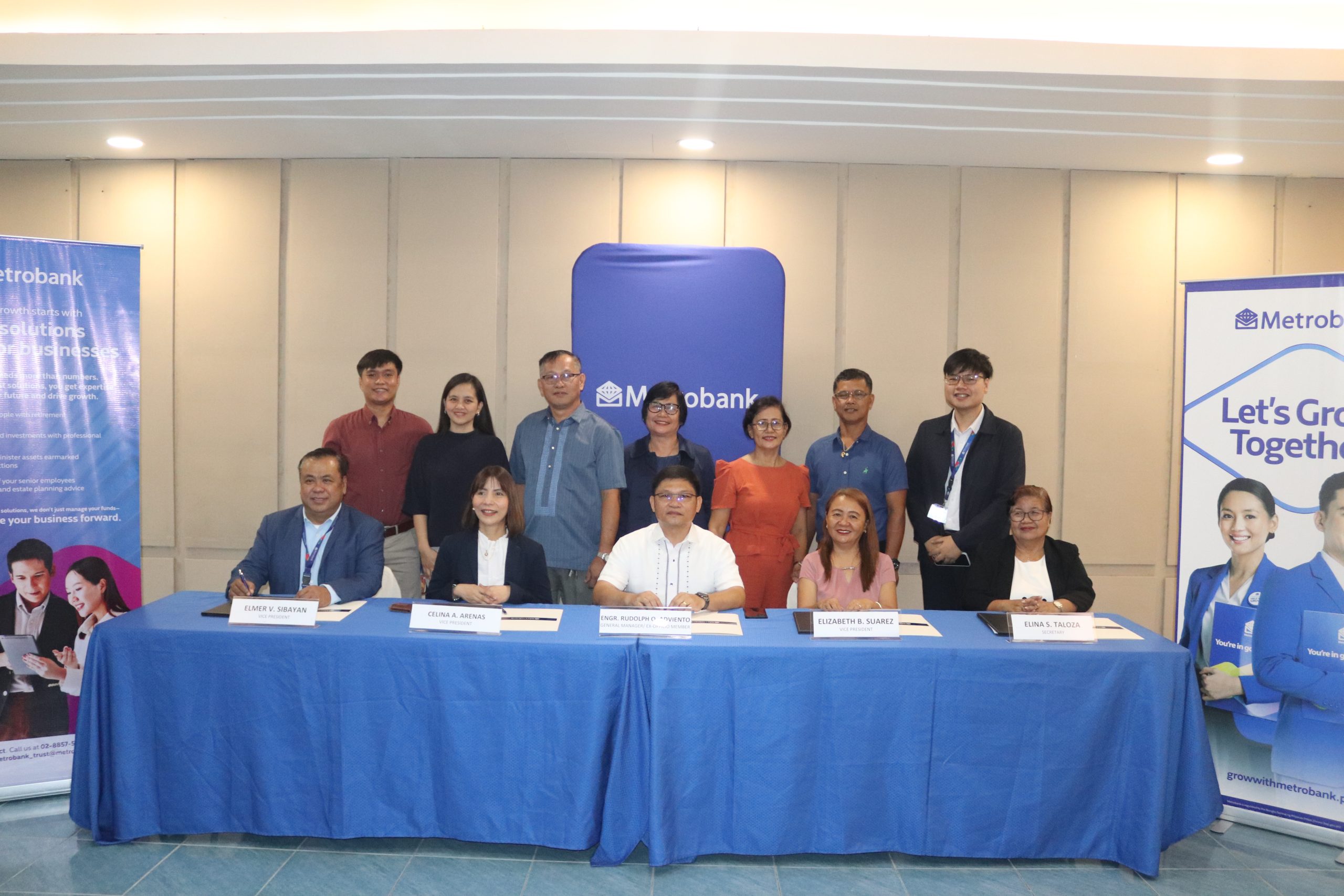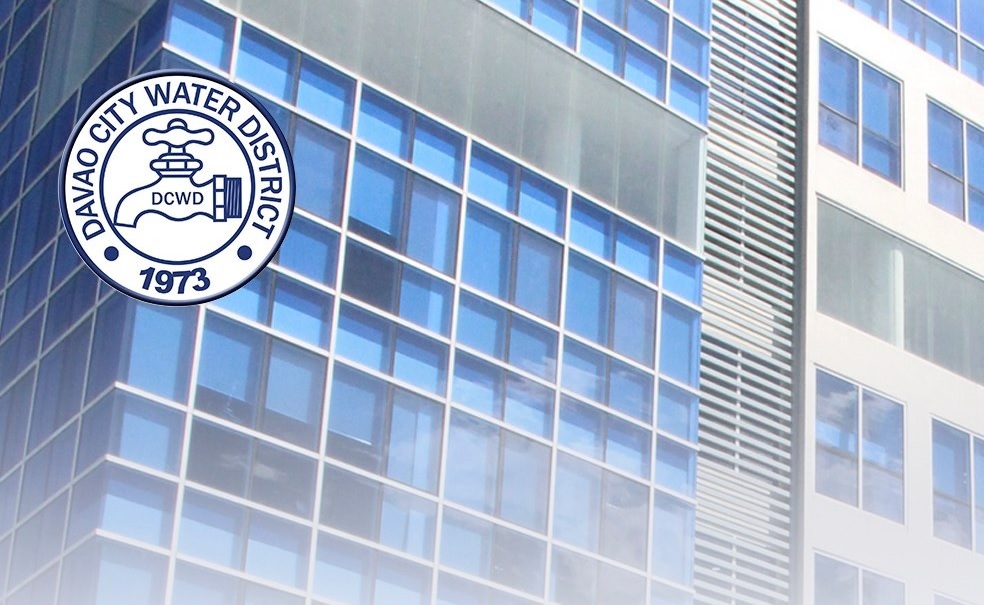By Ivy Tejano
DAVAO CITY – In a collaborative effort to shape a globally competitive yet locally grounded generation of leaders, the Alfonso T. Yuchengco College of Business at Mapúa Malayan Colleges Mindanao, together with Arizona State University and the Mindanao Development Authority, hosted a roundtable discussion on Wednesday, July 30, to spotlight the role of global business education in advancing Mindanao’s economic and social development.
Held under the theme “Think Global, Grow Local: Empowering Tomorrow’s Mindanaoan Business Leaders,” the forum gathered academic leaders, policymakers, and alumni to discuss how educational institutions can drive leadership and innovation rooted in the unique needs of the region.
In his opening address, Engineer Alejandro Ballardo Jr., Executive Vice President and Chief Operating Officer of MMCM’s College of Business, underscored the urgency of cultivating leaders with global acumen and deep local awareness.
“As an educational institution, we see ourselves as a catalyst for transformation. In a world shaped by global disruptions—particularly the rise of artificial intelligence—it is vital to empower Mindanaoan students and faculty with cross-cultural fluency, local insight, and a spirit of service,” Ballardo said.
He emphasized MMCM’s strategic alliance with ASU as a gateway to world-class education designed for regional realities. Ballardo noted that the institution aims to develop future employees and job creators—individuals equipped to lead businesses that address the region’s economic needs.
“This roundtable wasn’t just about dialogue—it was a convergence of missions. We aimed to spark partnerships and push forward a vision where Mindanao’s youth are not left behind but at the forefront of regional and national growth,” he added.
The initiative also aligns with MinDA’s Agenda 3, prioritizing innovation and the growth of micro, small, and medium enterprises (MSMEs) across Mindanao. ASU’s involvement strengthens MMCM’s commitment to embedding global business standards into its academic offerings, paving the way for inclusive economic advancement.
Representing MinDA Chair Secretary Leo Tereso Magno, Assistant Secretary Romeo Montenegro delivered the keynote address, voicing full support for collaborative efforts that link education, industry, and governance. He commended MMCM’s role in nurturing talent that was aligned with Mindanao’s evolving industrial needs.
Montenegro said the roundtable reflects the broader vision of President Ferdinand R. Marcos Jr.’s 10-Point Mindanao Agenda and the administration’s Bagong Pilipinas framework, which seeks to elevate Mindanao from a historically underserved region into a vital economic engine.
“The path forward requires sustained collaboration among academia, government, and private sectors,” Montenegro noted, emphasizing the forum’s alignment with national efforts to drive innovation-led development and trade expansion.
While highlighting Mindanao’s status as the country’s leading agricultural contributor, Montenegro pointed to persistent challenges that hamper its full potential—namely, underdeveloped infrastructure, policy gaps, and limited access to energy in rural areas.
“Ironically, Mindanao contributes 40 percent of the country’s food supply, yet its farmers and fisherfolk remain among the poorest,” Montenegro said. “The time has come for us to move from being a ‘land of promise’ to one of fulfillment.”
He stressed that educational institutions are pivotal in addressing these gaps by training a workforce for high-growth industries such as agribusiness, aquaculture, digital services, and green energy.
Montenegro cited recent milestones supporting this transformation, including the activation of the Mindanao Wholesale Electricity Spot Market in 2023 and the Mindanao-Visayas Interconnection Project in early 2024—developments that have turned Mindanao into a net exporter of electricity.
Beyond energy, over P3 billion in agricultural projects have been endorsed to local governments to strengthen value chains and support grassroots enterprises. Strategic investments in infrastructure—roads, ports, and logistics facilities—are also underway to open new economic corridors, coordinated between MinDA and national agencies.
Under its “Building a Better Mindanao” initiative, MinDA views its partnership with institutions like MMCM and ASU as essential in preparing the region for the demands of a modern economy. Montenegro emphasized the need for programs that develop digital literacy, an entrepreneurial mindset, and global trade readiness.
As the forum concluded, MinDA renewed its call for enhanced collaboration between government, academia, and industry. It reiterated that by aligning Mindanao’s goals with national development plans and global economic trends, the region can shape the country’s future—a vision firmly embedded in the Bagong Pilipinas agenda.

